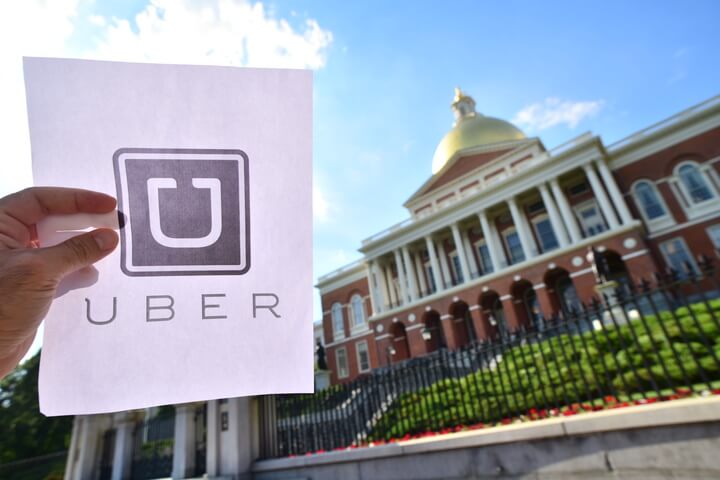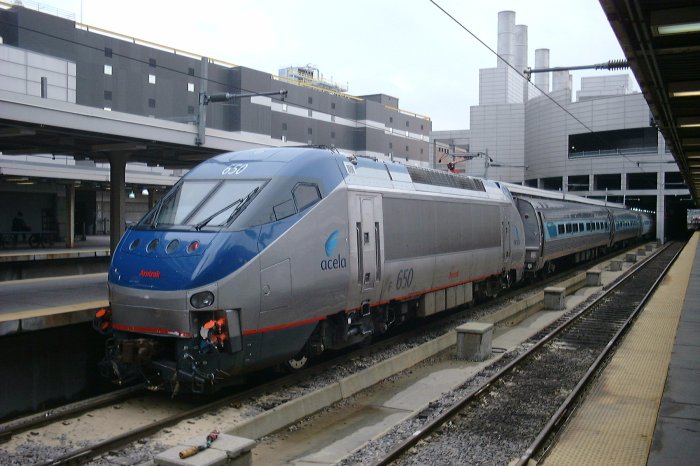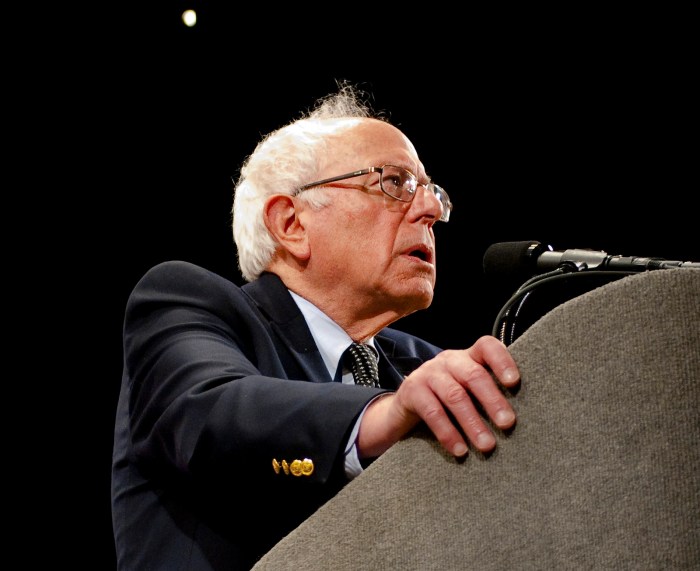A bill approved by the Massachusetts Senate last week would further regulate the state’s rapidly growing ride-hailing services, including a two-tiered background check that would be conducted by the company and confirmed by the state . But it doesn’t require drivers to submit to a fingerprint check, another security measure that law enforcement officials want added for prospective Uber, Fasten and Lyft drivers. It’s a controversial proposal, with civil liberties groups, includingthe NAACP and ACLU of Massachusetts, saying it could bar those who have arrest records but were never convicted of a crime. An amendment to include fingerprint checks was introduced by State Sen. Linda Dorcena Forry, of Dorchester, but it failed in a 14-to-24 vote last week.
“Currently, Uber does not do [a] physical check to make sure the applicant is who they say they are,” Forry wrote in an email. “Fingerprint checks add a necessary layer of security that will make sure people of all races are safe while riding in a [ride-share] vehicle.” One of the most visible advocates for requiring a fingerprint check is Boston police commissioner William Evans, who repeatedly made comments in favor of such a regulation this year. Boston’s cab drivers have been required to submit to similar testing since February of this year, and Evans believes services like Uber and Lyft should be held to the same standard. “Without a fingerprint requirement, a [rideshare service] driver applicant could provide false documentation of his or her identity, which would render any subsequent background check meaningless,” an open letter written earlier this year by the Massachusetts Chiefs of Police Association read. “There is no dispute that biometrics, like fingerprints, serve as the best way to identify any individual, and this standard has been used throughout the country to screen both taxi drivers and [rideshare] drivers.” Uber said Wednesday fingerprint-based background checks rely on an incomplete data set that is discriminatory. Its CEO Travis Kalanick has been vocally critical of such proposals, even pulling Uber out of cities where the measure is implemented by local lawmakers. “Imagine a country where people might get arrested who shouldn’t get arrested. Imagine if that country were the U.S.,” Kalanick said during a talk at the Global Entrepreneurship Summit in Palo Alto, California, last week. “We have systems in place where if you’re arrested, you literally can’t get work, even if you’re found to be innocent. And it’s unjust.” Former U.S. Attorney General Eric Holder, who works for a law firm that advises Uber on safety issues, made similar comments in a public letter to lawmakers in New Jersey, urging them not to adopt fingerprint-checking. “[The fingerprint database] was not designed to be used to determine whether or not someone is eligible for a work opportunity,” he wrote. “Relying on it for that purpose is both unwise and unfair.” But Forry is skeptical of those claims, saying that she was assured by ride-share companies that they “have a process where they help individuals who are falsely accused clean up their records,” and that a flag doesn’t necessarily mean a driver would be barred from employment. “I think that something that has been lost in this discussion is that people of color also care about public safety. In Boston, taxi drivers are fingerprinted, and the level of crimes committed by them while transporting passengers is far less compared to the crimes we hear about everyday with [rideshare] drivers.”
No fingerprint check required in proposed ride share regulations

Derek Kouyoumjian


















